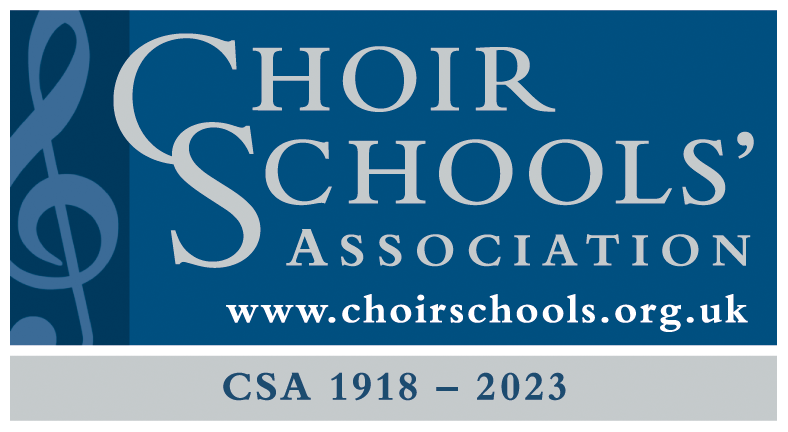It has been said that the most precious thing you can give someone is your attention

But we are in a world where we increasingly understand that attention and the ability to hold it are under attack from every angle. I have written a number of times about the importance of language and of word choice. With the decline of attention, I genuinely think that this is an area under some considerable threat.
The terrain over which both teachers and learners of the subject English now have to travel makes for a much rougher journey when establishing mastery of the written word, well-developed vocabulary and eloquence. When so much clamours for our attention, concision and directness cut through. When getting your text in front of the right audience involves repeated use of common vocabulary in order to maximise the Search Engine Optimisation, cyclical basic word choice dominates and can make for thoroughly uninspiring communication. And this is what, too often, we and our children are exposed to as a mainstay of our daily diet of reading.
At a different sort of ‘technical’ level, when writing these articles, I deliberately use shorter paragraphs than the usual rules of paragraphing would have me do, as I'm keenly aware that most people will be reading this on their mobile phones. Here, of course, lengthy chunks of text soon lose attention.
We still hold up as literary icons the likes of Shakespeare and Dickens, and rightly of course, but I wonder to what extent they would be lauded were they to be writing today? (I know that to an extent this is a nonsensical thought exercise, but I think the general point can stand.) What once may have been called ‘eloquence’ and the use of less common, more precise vocabulary to convey a very specific tone, emotion or nuance are at risk of arousing distrust these days – unless this level of engagement has been chosen by selecting a certain fiction book to read.
To be sure, it is the case that true mastery of understanding can be demonstrated through communicating in terms simple enough that a novice to the topic can understand. But this thoroughly good principle should stand separate from the destruction of linguistic skills and nuance that the attention war leaves strewn behind. It is vital that we don't lose the spirit of the less tangible, the ‘otherness’ in life that is less concrete and more abstract. It's often in this area and in these niches that the human soul speaks and glints. We are at risk of losing sight of this.
The parallel in music helps to make this point. Expressiveness and interpretation are things that, in this arena, we cling on to as not being objectively quantifiable or able to be communicated in ‘simple’ terms: via them, the song of the soul will always break through.
This week, I found myself saying to one of our music scholarship candidates in Year 8, ‘I hope it goes really well today.’ Reflecting on this, the parallel was drawn in my mind: ‘hope’ also falls into this category. Often dismissed as something almost pathetically optimistic in the face of a situation to the contrary, ‘hope’ can be seen to have certain negative connotations. Planners don't ‘hope’; those who strategise don't ‘hope’. And yet without hope, we lose the elevation and energy of optimism that can help us to see the stepping stones in the morass, to see the light which informs the planning, to experience the buildup of positive energy which will see the plan carried through.
So, carrying both hope and the expressiveness of their musical interpretation, these would-be scholars have gone off in pursuit of their goals this week. Some will achieve them and some may not – and that would be no reflection on their efforts at all - but what they will have is the ability to maintain attention which hours of practice hones, and the skills and character to stir souls with their burgeoning ability, and those will stay with them for life.
Whether they communicate through music or through words, this is something we wish for all our boys.
Tim Butcher
Headmaster








